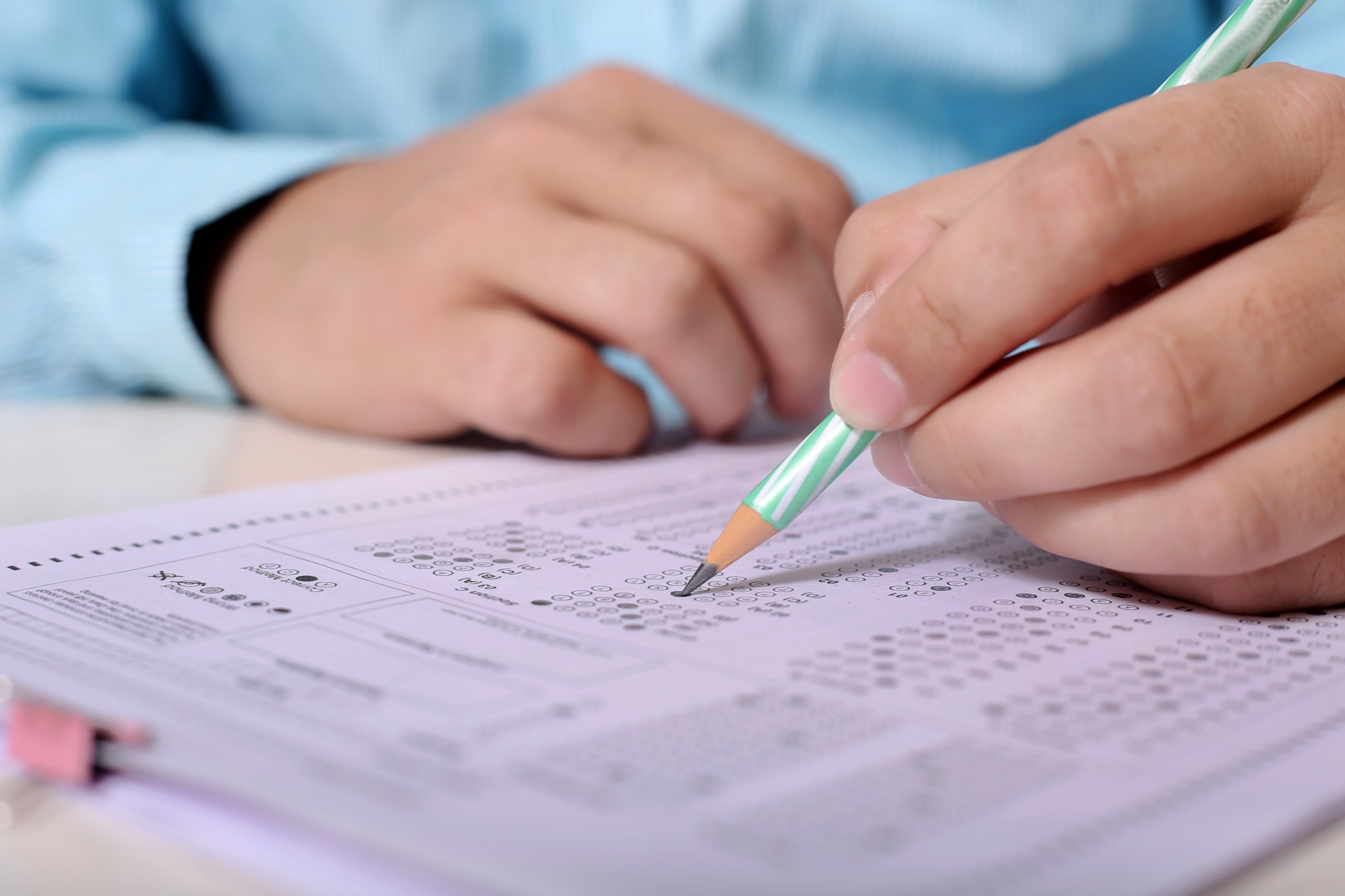
8 Great Exam Strategies for Nervous Test Takers
Does your child get anxious before exams and evaluations? Do you get jittery every time you face a big evaluation? Do you ever wonder if there was a way to ease the tension?
Believe it or not, there are test-taking strategies available to help kids and adults who are anxious test takers. They can help you perform well and boost confidence at the same time.
Here are some exam strategies you need to know about.
1. Organize Your Review
It may seem overly simplistic to say that you or your child needs to prepare for exams in order to have less anxiety. Yet an organized study routine will go a long way toward making you less worried.
You may want to use flashcards for vocabulary or charts to help organize the differences between different concepts. You can also write numbered lists or use colors to help your child stay organized.
Your student may want to help you create the study materials, so they’re more accessible to them. However you prepare, make sure that key terms and concepts are clearly written and explained, so your child is able to easily focus.
If you need help creating an organized outline out of your child’s notetaking, you can actually hire a professional to help you. They may also be able to help you with papers and deadlines. You can learn more about that here.
2. Peace and Quiet
Your child may become overwhelmed if they study in a place that isn’t comfortable for them. Most people are able to concentrate best in a quiet environment with few distractions.
Make sure your child has a peaceful, predictable place to study each day. If there’s too much going on at home, you may need to visit the local library or coffee shop.
Some kids focus better with a little classical music playing or essential oils diffusing in the background. Tweak these factors a bit until you find the optimal environment for keeping your child in their best frame of mind.
3. Practice Your Performance
Is your child taking a spelling test that will require listening and writing, or a math test that will require critical thinking? You can help them prepare for the big day by administering a “test” similar to what they’ll experience.
You can use sample questions in textbooks to help you design questions like what they might see, or you can create a matching game for vocabulary. Either way, allowing your student to practice what they’ll be doing during the test will help them to relax and focus when crunch time comes.
4. Pacing
Pacing is important when it comes to test-taking. If, for example, your child is going to be taking a history test with an essay, you may want to practice this type of format with them. You’ll want to encourage them not to linger too long over multiple-choice questions if they need to write for at least part of the time.
5. Get Information About the Exam
While you won’t be able to find out test questions ahead of time, you may be able to get some answers about the format.
Is it a multiple-choice or short-answer test? Will there be a word box? Are students allowed to open their textbooks and locate answers?
Find out if the questions usually come more from class notes or textbook readings. Preparing with the test in mind can save you a lot of time learning unnecessary information.
6. Look for an Easy Question
Your child’s fears may have a tendency of paralyzing them before they even begin taking a test. They may become even more anxious if the first question is perplexing.
Once they see a question they are certain of the answer to, they may be able to unblock any mental hang-ups. The act of writing itself can actually help to relieve tension.
7. Stay Healthy
Eating well and exercising can actually boost your child’s brain performance. They can also serve to decrease their stress and promote levels of confidence.
Good food choices before an exam are high in protein and nutrients but low in empty calories and fat. Consider items that are high in antioxidants, such as fresh fruits and veggies, as well as nuts. Whole grains like oatmeal and lean meats like turkey and bacon are also great morning options.
You’ll also want to make sure your child gets plenty of hydration. Send them to school with their own water bottle, if possible. A lack of proper hydration can actually lead to headaches and dizziness.
8. Reward Often
Some students from elementary school to college will work best if they know there’s a reward for their best effort. Even if their grades increase by one letter grade, the promise of a reward such as a shopping trip or night out at the movies may be all it takes to push them to be their best.
If your rewards involve family together time or healthy social activity, you can encourage positive bonds as well as focused studying. Even something as simple as a walk up to the corner for ice cream may be enough to convince a young person to buckle down and prepare for something they’re a little nervous about.
The Best Exam Strategies Start With Prep
Exam strategies and techniques are as varied as the students who use them. With a little time and patience, you could find test preparation skills that your child will carry with them through a lifetime of learning. It will give them increased confidence and pride for years to come.
Don’t stop improving your skills now. For more great information on improving your mind and reaching your goals, read our other posts today.
